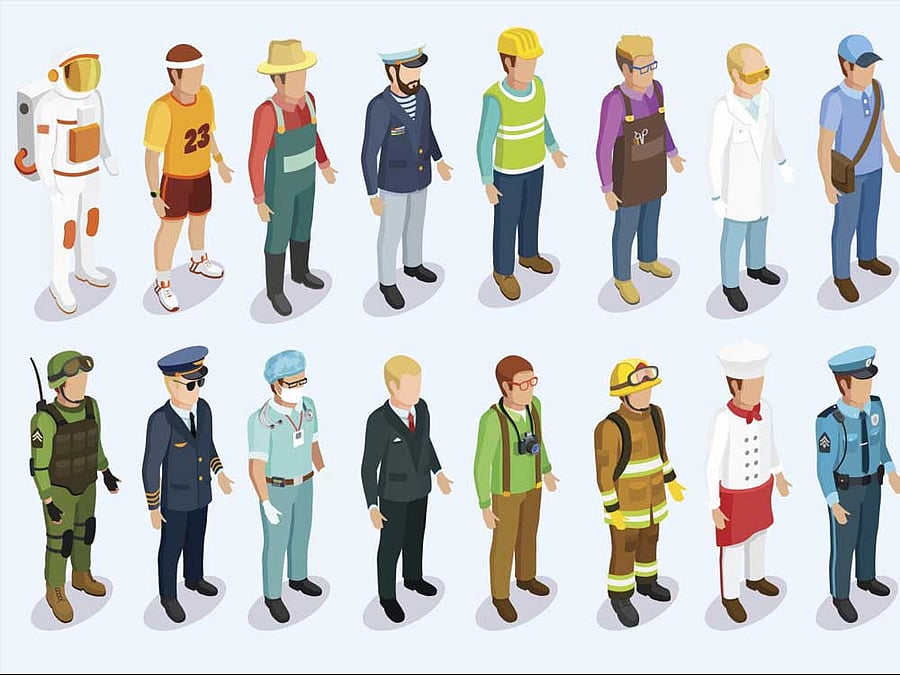
Education is not just meant to secure a better tomorrow, but to enjoy the process of learning today and sustain the happiness quotient for long. If the students understand this cardinal rule, then they are sure to move towards a fulfilling career. Our main purpose towards any pursuit is happiness and this is reflective in every action of ours. Selecting an education stream or a career path is no different.
Sound solutions
However, this is easier said than done. Present-day professionals are often displeased with their careers and constantly shuttle jobs with a hope to find job satisfaction. As per a recent study, out of the 30,000 workers worldwide, 28 to 56% of employees wanted to leave their jobs. Another research found that 60% of employees in India dislike their current jobs.
While it is a general tendency to blame the external factors, the solution to this issue lies inward. We need to analyse our reasons for taking up a particular career path. I have come across instances where parents impose a career path on their children, often disregarding their interests.High school students also face the stress of competition.
In their 2015 paper titled ‘Academic Stress, Parental Pressure, Anxiety and Mental Health among Indian High School Students’ for the International Journal of Psychology and Behavioral Sciences, researchers Sibnath Deb, Esben Strodl and Jiandong Sun found that 66% of the students reported pressure from their parents for better academic performance and 81.6% reported examination-related anxiety.
In such a scenario, there is an urgent need for skilled individuals who are able to provide the right kind of guidance. This type of assistance can be received from career counsellors. Career and college counsellors can make a huge difference in terms of shaping a student’s career path, as they understand the intricacies involved in the transition from school to university.
Training the trainer
However, the biggest challenge lies in the availability of trained counsellors in schools. At first, we need to encourage a robust career and college counselling department in every school. The ideal ratio of students to counsellors is around 30:1 and schools can play a huge role in ensuring that their students reach out to them regularly.
Once the department has been established, the next step is to equip career counsellors with the latest knowledge, tools and a guideline on best practices. Investing in professional development courses for these experts will yield best results. In this light, career and college counsellors need to gain more knowledge by researching, attending relevant events and visiting some of the institutions to learn about their faculty, new courses and infrastructure.
Students need to etch their career path early on and if they start exploring on what to study as early as in Class 8 or Class 9, then it will make it a lot easier for them to make choices in Classes 10 and 12. It is also crucial that they look into the courses available, where one can study the course and what the admission process is.
Parents also play a major role in this process. They need to take their children to the
counsellor to better understand their child’s career
interest.
Our mission to build a generation of happy professionals would be possible only if we create a conducive environment to allow students to carve their own career path.
(The author is president, KIC UnivAssist, Mumbai)
